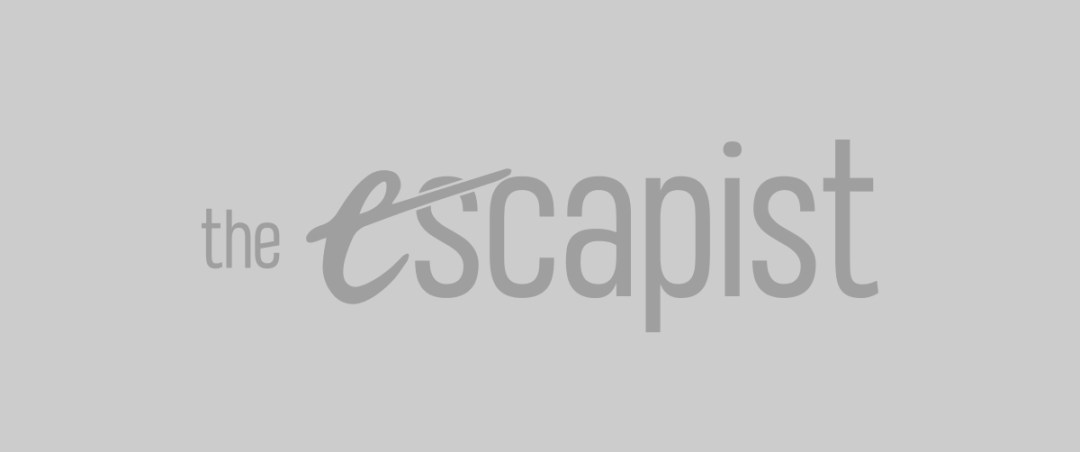There is a moment in Netflix’s Shakespeare-inspired historical drama The King that directly evokes the infamous Battle of the Bastards from Game of Thrones. Throngs of medieval soldiers are pressed against one another, their bodies forced into a single, suffocating mass. Amid this carnage, the military tactician Falstaff (Joel Edgerton) is crushed to death. It’s an effective historical recreation of the Battle of Agincourt, but it also feels like a metaphor for The King itself.
Last year, Netflix decided that its clearest path towards Oscar glory was to make one big bet on Alfonso Cuarón’s black-and-white Spanish-and-Mixtec semi-autobiographic period drama Roma. The gambit didn’t pay off for the studio in the sense that it lost the Best Picture trophy to Green Book, though it did win Best Foreign Language Film and nabbed Cuarón Best Director and Best Cinematography.
Netflix has adopted a different approach this year, scattering potential Academy Awards champions to the wind and hoping that one or two might land on fertile soil. Martin Scorsese’s The Irishman and Noah Baumbach’s Marriage Story look like the surest contenders, but the company’s prestige film release schedule also includes Dolemite Is My Name, The Two Popes, I Lost My Body, and The Laundromat.
As a result, The King has been somewhat lost in the shuffle. It lacks the contemporary relevance of something like The Laundromat, the career redemption narrative driving Dolemite Is My Name, or even the simple appeal of watching two acclaimed British actors given meaty material in The Two Popes. This is a shame. While The King doesn’t necessarily deserve a place among the very best films of the year, it has a lot of merit.
Drawing its inspiration from Shakespeare’s accounts of the Hundred Years’ War, The King is the story of King Henry V (Timothée Chalamet of Call Me by Your Name). Inheriting the British throne from his father, Henry finds himself struggling to transition from youthful misadventure to the demands of the crown. While he wants to be a beneficent and magnanimous ruler, Henry finds himself drawn into a seemingly inevitable war with France.
The King is a meditation on the challenges of power that will feel familiar even to those without a working knowledge of British or French history. Australian director David Michôd (Animal Kingdom and The Rover) creates an impressive sense of scale and desolation that underscores both the epic sweep of Henry’s actions and the isolation that he feels.

The King – Steven Elder, Timothée Chalamet, Sean Harris – Photo Credit: Netflix
Few young actors can brood as effectively as Chalamet, who communicates the melancholy and introspection necessary to anchor a film keenly focused on the burdens of a young man thrown into a position that immediately isolates him from anyone he can trust. Adam Arkapaw’s cinematography strips out a lot of the romance that might otherwise creep into a medieval adventure like this, replacing it with muted tones and stark vistas.
However, The King finds its beating heart in the character of Falstaff, a plum role previously played by actors like Orson Welles in the 1965 film Chimes at Midnight and Harry Potter’s Robbie Coltrane in Kenneth Branagh’s 1989 adaptation of Henry V. Co-writer Joel Edgerton (The Gift and Boy Erased) plays up the tragedy of the character, presenting him as a veteran soldier whose glory days are long behind him. Edgerton makes Falstaff the moral center for both Henry and the whole story.
The emergence of streaming companies like Netflix has made projects like this viable. The King is a stylish and well-made piece of medieval drama, but one that can also mount impressive battle sequences and even attract actors of the caliber of Robert Pattinson (Twilight and The Lighthouse) and Ben Mendelsohn (Rogue One: A Star Wars Story and Captain Marvel) for what are effectively bit parts. The fact that The King has gotten lost among Netflix’s awards season releases is a greater indicator of the quality of the other contenders than a reflection upon its own shortcomings.
